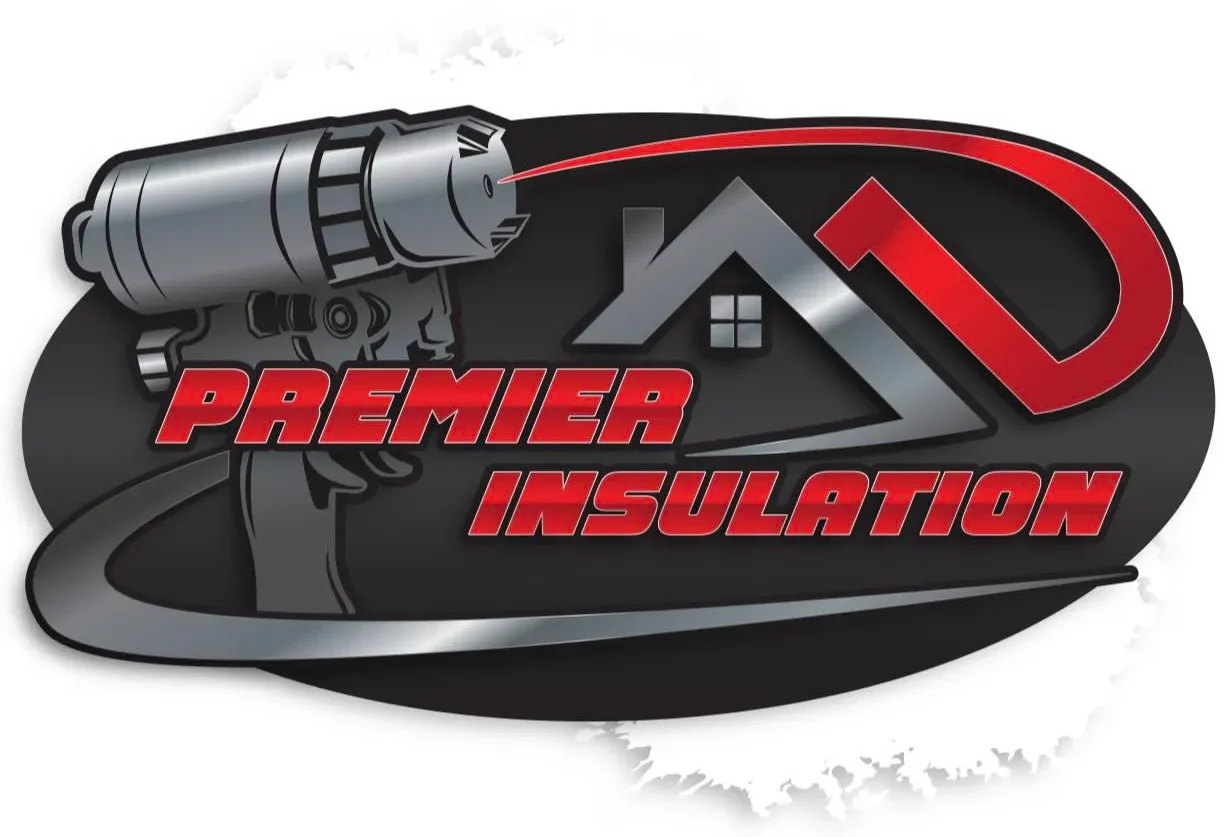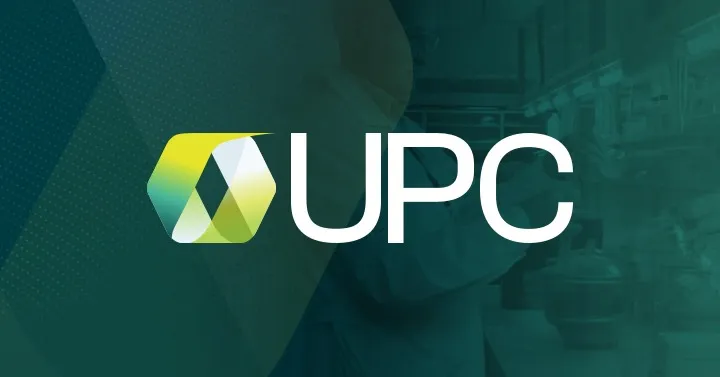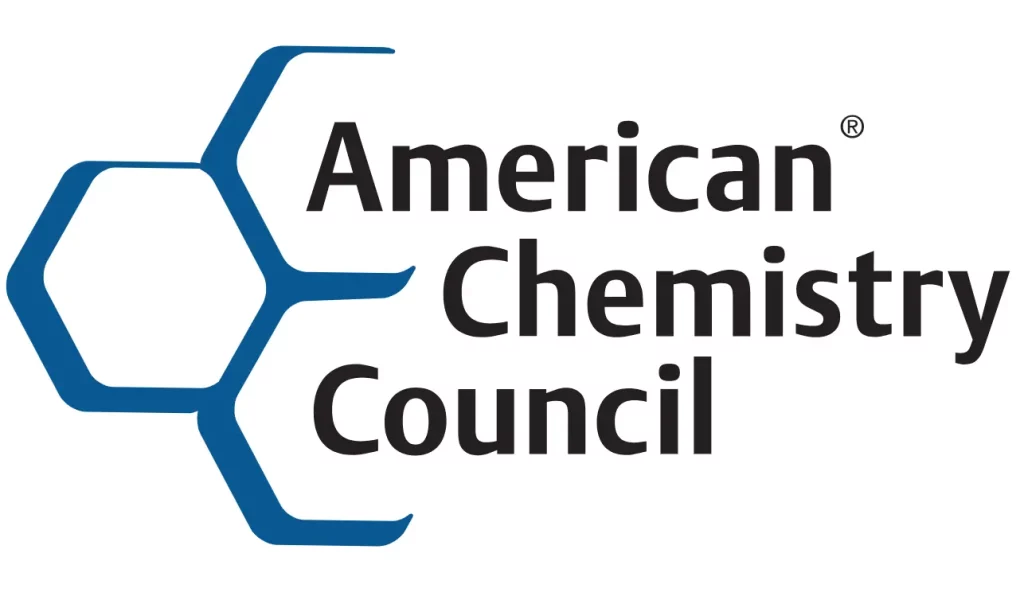When it comes to energy efficiency and cost savings, spray foam insulation is one of the most effective solutions for homeowners and businesses. By creating an airtight seal and improving thermal performance, spray foam insulation provides long-term financial benefits that extend beyond just lowering your monthly energy bills. Let’s dive into how it works and why it’s a smart investment for your property.
1. Reduces Energy Loss with an Airtight Seal
Spray foam insulation expands upon application, filling cracks, gaps, and hard-to-reach spaces that other insulation materials often miss. This creates a continuous barrier that prevents air leakage.
Financial Impact:
- Studies show that air leaks account for up to 30% of a building’s energy loss. By eliminating these leaks, spray foam reduces the workload on your HVAC system, lowering heating and cooling costs by up to 50%.
2. Improves HVAC Efficiency
Because spray foam helps maintain a consistent indoor temperature, your HVAC system doesn’t have to work as hard to heat or cool your home.
Financial Impact:
- Less strain on your HVAC system translates to lower energy consumption and reduces maintenance and repair costs over time.
- Extending the lifespan of your HVAC system saves you money on costly replacements.
3. Offers Superior R-Value and Thermal Resistance
Spray foam has one of the highest R-values (a measure of thermal resistance) compared to traditional insulation types like fiberglass or cellulose.
Financial Impact:
- A higher R-value means better insulation performance, leading to significant reductions in energy usage and utility bills.
- Homes with high-efficiency insulation often qualify for energy rebates or tax incentives, further offsetting installation costs.
4. Prevents Moisture Damage and Associated Costs
Spray foam acts as a moisture barrier, protecting your property from water infiltration that can lead to mold, mildew, and structural damage.
Financial Impact:
- By preventing costly repairs related to moisture damage, spray foam helps protect your investment and avoid unplanned expenses.
5. Delivers Long-Term ROI
While the upfront cost of spray foam insulation may be higher than traditional insulation, its long-term benefits far outweigh the initial investment.
Return on Investment:
- Many homeowners recoup their spray foam installation costs within 3–5 years through energy savings alone.
- The energy efficiency of spray foam insulation also increases property value, making it an attractive feature for potential buyers.
Conclusion: A Smart Investment for Lasting Savings
Spray foam insulation is not just an upgrade for your home or business—it’s an investment in long-term savings and comfort. By reducing energy waste, improving HVAC efficiency, and protecting against moisture damage, spray foam delivers financial benefits that make it a clear choice for energy-conscious property owners.
Ready to Save on Energy Bills?
Contact Premier Insulation today to learn how spray foam insulation can transform your property and start saving you money immediately!




